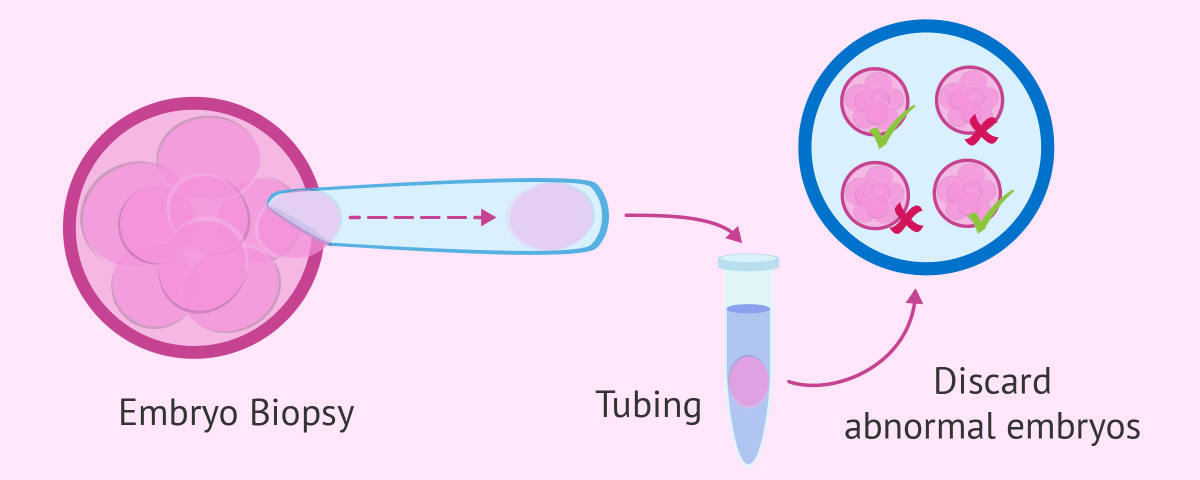Genetic testing in infertility treatment involves analyzing an individual's DNA to identify genetic abnormalities that may be contributing to infertility. This testing can help diagnose specific conditions that impact reproductive health and guide personalized treatment plans.
Common applications include carrier screening to detect genes for inherited disorders, preimplantation genetic testing (PGT) during in vitro fertilization (IVF) to screen embryos for genetic abnormalities, and karyotyping to examine chromosomal structures. Genetic counseling often accompanies these tests, providing support and helping interpret results.
The benefits of genetic testing include identifying the root causes of infertility, improving IVF success rates, and reducing the risk of genetic disorders in offspring. However, it also involves considerations like ethical concerns, emotional impacts, and cost. Overall, genetic testing is a valuable tool in infertility treatment, offering critical insights and aiding in the creation of effective, tailored treatment strategies.
However, genetic testing also comes with considerations and limitations. Ethical and emotional factors can be significant, as decisions based on genetic testing results can be challenging.
In conclusion, genetic testing in infertility treatment offers a powerful means of understanding and addressing the genetic factors that can impact fertility. It enables healthcare providers to create more targeted and effective treatment plans, enhancing the likelihood of achieving a successful pregnancy. By providing critical insights and guiding informed decision-making, genetic testing helps many individuals and couples move closer to their goal of having a healthy child.




.png)

Comments